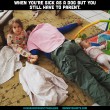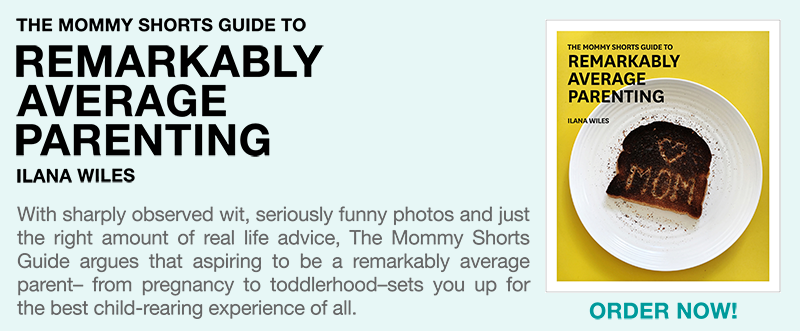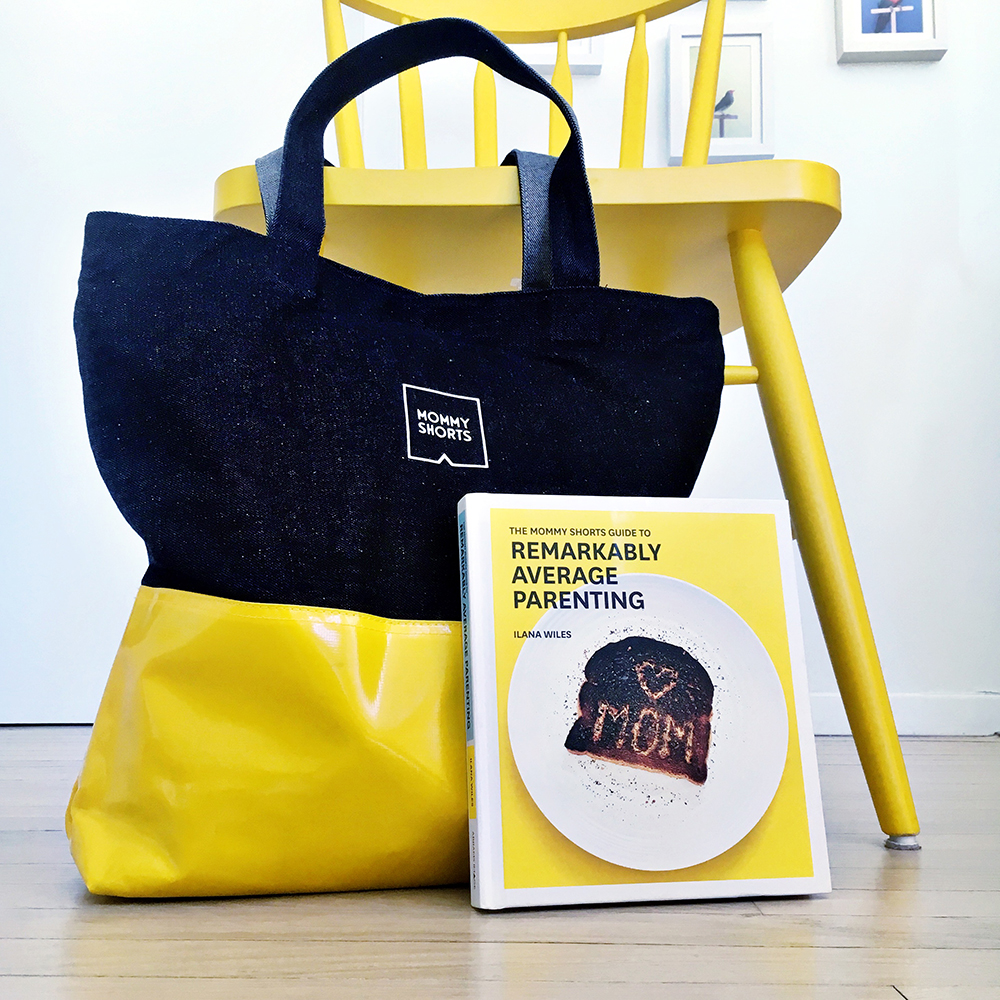Do yourself a favor and watch @eva.stories Instagram story right now, starting with the oldest story highlight and working backwards. It’s a 13 year-old Jewish girl telling the true story of the Holocaust, as it would have been told if she had Instagram in 1944. Eva lives in Hungary with her grandparents. She goes to the park to get ice cream, dances in her living room and has a boyfriend, all with the relevant stickers and selfies. She is excited that the war will be over soon. But, then the Nazis invade and Eva gives us a “real time” look at moving into the Jewish ghetto and eventually being taken on a train to Auschwitz.
Yes, we all know this story does not have a happy ending. It’s just striking to tell it with location stickers and gifs.
My grandma was 13 when her town in Poland was invaded by the Nazis in 1939, so this hits particularly close to home. My grandma’s story of a hardship would have been a lot longer and not nearly as Instagram friendly. When the Nazis in Eva’s story first enter their town, they go from house to house, going through their possessions deciding what to keep for themselves. When the Nazis in my Grandma’s story invaded her town, they walked up to her front door, asked for the youngest boy (her baby brother) and shot him in the head. (You can read more about my grandparents’ story here.)
There has been some criticism of @Eva.stories, which is based on the real diary of a Jewish girl named Eva. Some people feel that telling the story in this fashion trivializes the Holocaust. I am aware that there is a cutesy, Amelie-like style, that might turn some people off. But it’s also what makes it resonate. Eva is a 13-year-old girl, just like any other 13-year-old girl today, posting the best version of her life on Instagram, before she had no choice but to document otherwise.
Eva’s story may stop before the worst atrocities are shown (as does her real life diary), but I am all for retelling the story of the Holocaust in this format. My grandmother had the supposed “happy ending” that Eva did not. She survived and made it to the states with her family, but like many survivors, died young, with both severe mental and physical problems. I was three when she passed away so I have never heard my grandma’s story. According to my mother, she never shared it with her either. Neither did her father, who also died young. The anguish was too great to retell. I’ve heard this same sentiment from a number of friends who have also had Survivor grandparents, who died without ever telling their families their story. Now, in 2019, there are so few Holocaust survivors left, so retelling this story in any way that will get attention is important. I especially appreciate that Eva’s story is being told in a format that will gain the interest of so many young people.
Eva’s entire story is now available on the account. They let it play out over the course of 24 hours for Holocaust Remembrance Day. Everyone needs to watch it, by starting with the first story highlight on February 13th and working backwards.
Although, I kind of wish they had let it play out over time, letting the viewers become increasingly familiar with Eva and her story, as we do with so many other people we follow online. It’s incredibly powerful to see what Eva would have posted in 1944, but it would be even more powerful to feel like what it would have been like to follow her story on a daily basis.
Until it just stopped.

























